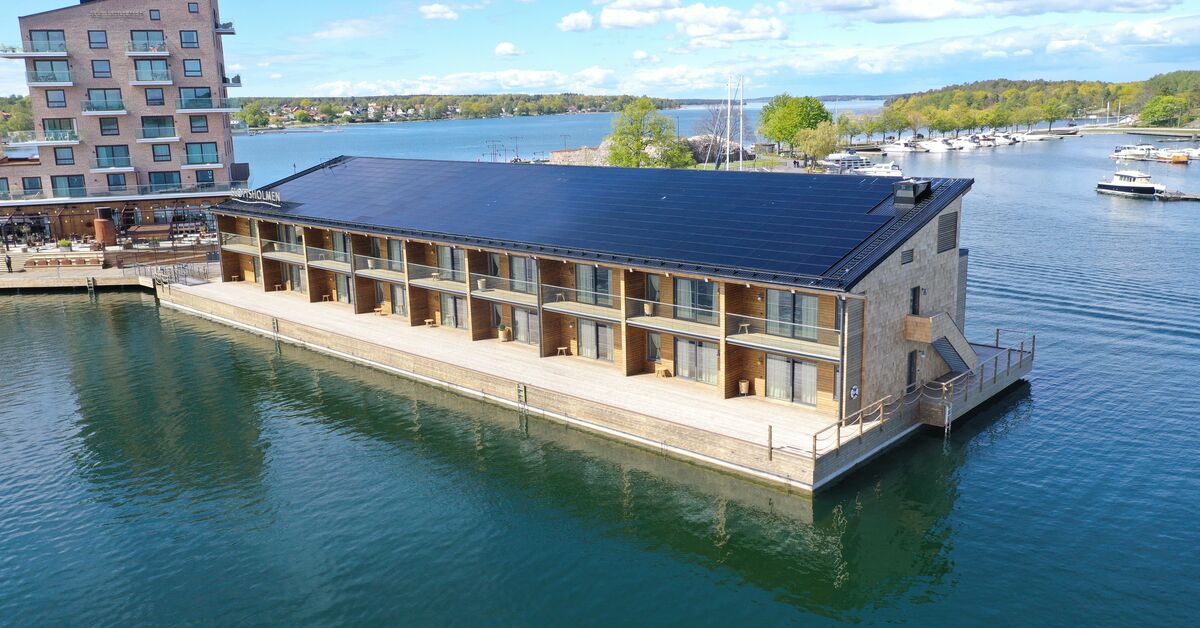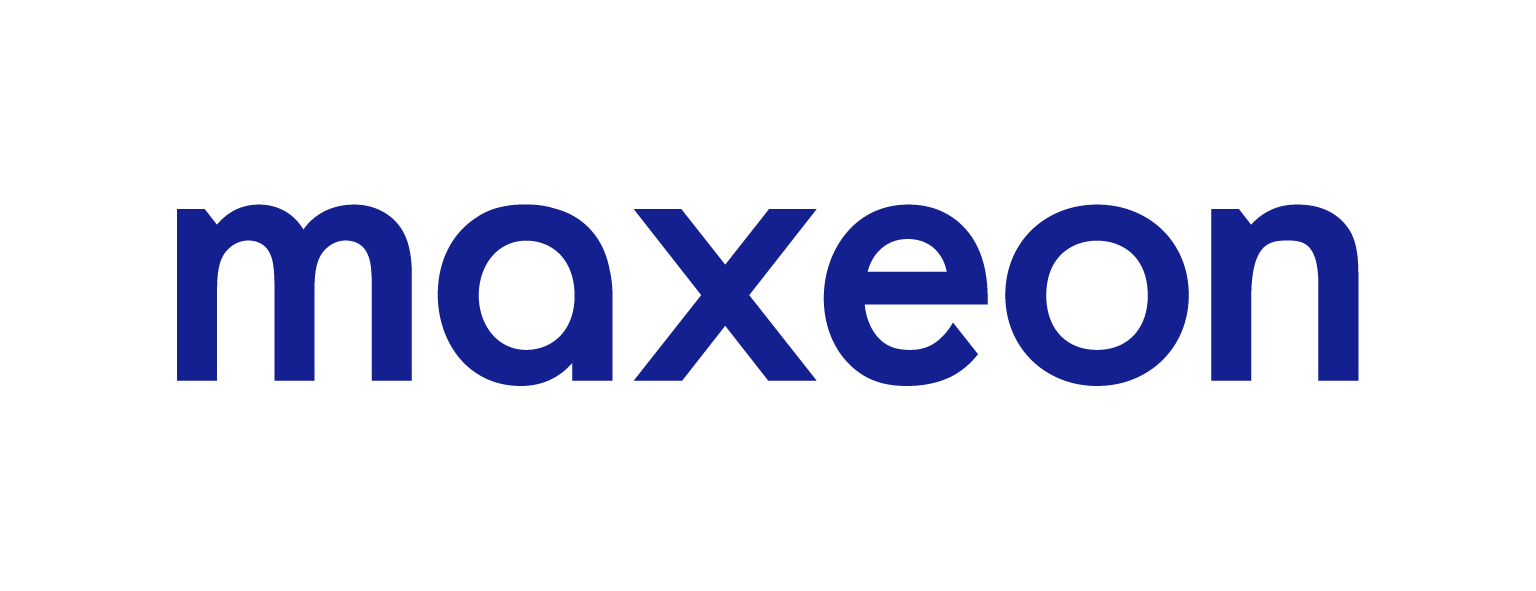Shielding consumers from high energy prices with solar
The Solar Market report (2021–2025) showed that solar installations across 27 countries of the European Union made it a record-breaking year in terms of solar growth, surpassing the capacity installed in the previous ten years.1
This success is partly attributed to lower solar equipment and components costs and more robust government assistance for businesses and private citizens. It’s also largely to key industry players pushing the boundaries in PV solar technologies and producing longer-lasting rooftop panels.
But as the deadlines to curb carbon emissions come closer, the transition to renewable energy must pick up the pace. Among crucial policy initiatives is accelerating the rollout of solar panels on underutilised residential and commercial buildings’ rooftops.
According to some estimates, rooftop PV could provide almost 25% of the EU’s electricity consumption — more than the share of natural gas today2 . The EU argued that these installations could be rapidly deployed while shielding consumers from high energy prices.3
Powering all sectors with solar panels
Maxeon’s solar panels are installed in more than 100 countries, powering homes, businesses, and public and private spaces with solar energy. While some industries have been fast in adopting solar, some of our customers are setting the trend in their own industries – changing the perception of their customers and their sector.
Slottsholem on Water, a Maxeon client in the luxury hospitality industry, has been a trailblazer in setting the standard for how hotels can be more sustainable.
The hotel, which floats on the Västervik marina in Sweden, installed 412 Maxeon™ solar panels on its rooftop. The hotel owners wanted a reliable onsite renewable energy source for the long term. Maxeon enabled this by installing durable, sustainable, and high-performing solar panels.
In addition to producing energy that helps power the hotel’s three buildings daily, the panels also power the onsite desalination plant and geothermal heating system within the hotel premises. The system can generate 151,000 kWh of clean energy annually, enabling Slottsholmen to be self-sustaining for most of the year.
Slottsholmen is a prime example of how Maxeon, as a solar PV producer work with companies across various sectors to improve sustainability and reduce carbon emissions by installing rooftop solar panels.

Decarbonising the energy industry
At the UN Climate Change Conference (COP26), countries were requested to align to the Paris Agreement target and shift from fossil fuels to a net-zero future. New targets set by many governments will increase the global pace of decarbonisation and the adoption of renewable energy.
Maxeon leads the way in raising standards for the entire industry by integrating sustainability into all facets of our business processes. Through our partnership with Singaporean ESG fintech company STACS, we have started in October 2022 a project to track the sustainability performance of our current and potential suppliers to identify the best opportunities to cut carbon emissions through the blockchain-based ESGpedia platform. This is one of the actions that we are also setting and reporting year-after-year on our journey towards decarbonisation.
Interested in knowing more about how we’re working with other industry leaders to contribute our insights into solar energy technology to transform into a low-carbon economy?
Read our Sustainability Report 2021 to discover how we're Powering Positive Change™.
